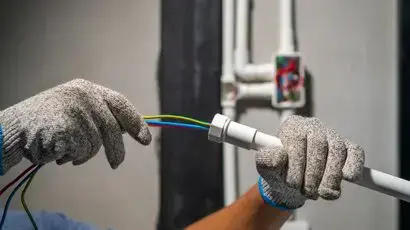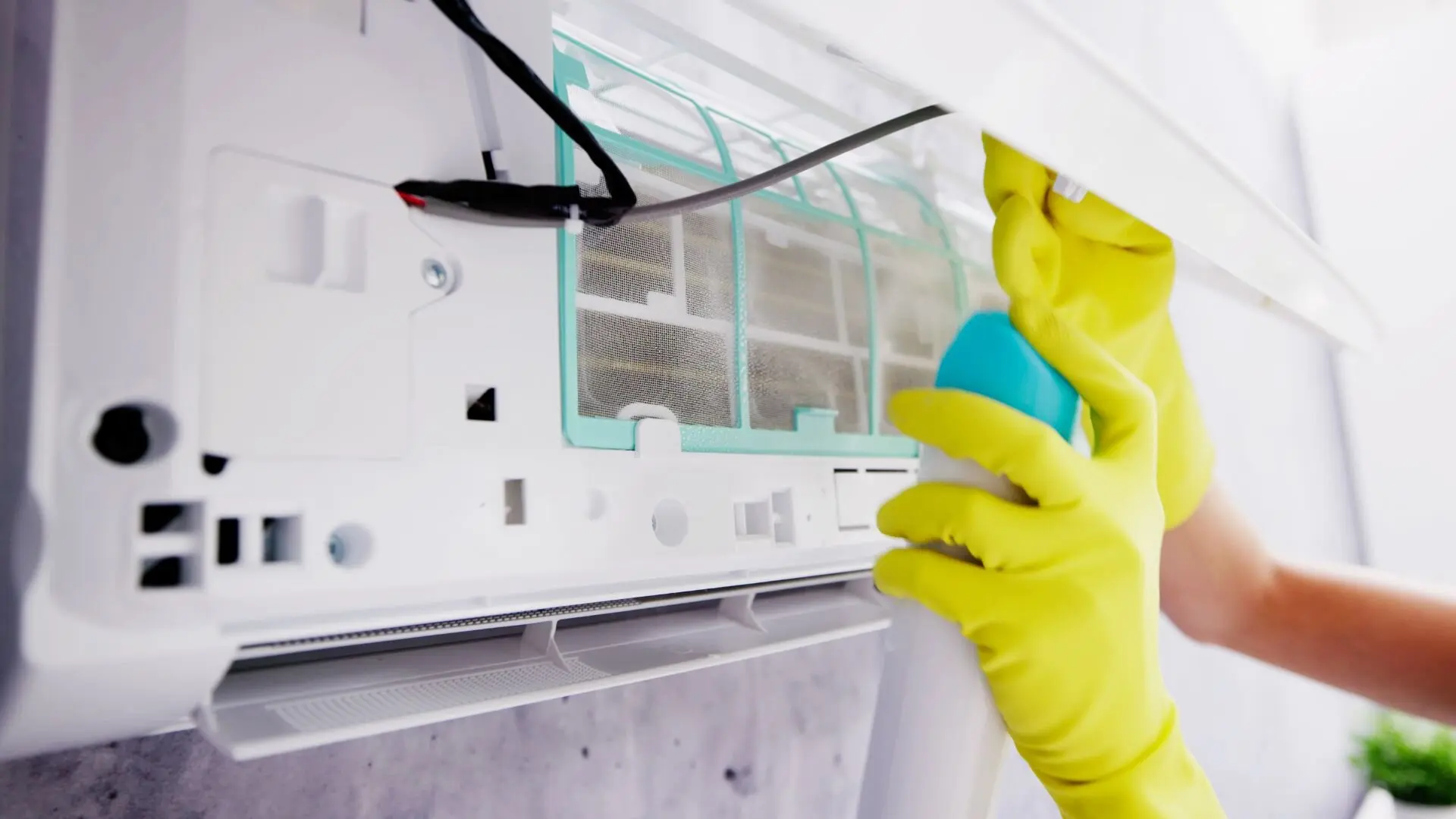
Get your free Melbourne Electrician quote today!
Our team of Melbourne Electricians is here to help you with any questions or concerns you may have. We’re committed to providing you with the best possible service and support.
Regular electrical maintenance isn’t just about fixing problems - it’s about preventing them altogether. A proactive approach can identify loose wires, faulty outlets, and potential hazards before they cause outages or fires.
Have you ever been in the middle of making dinner when the lights start flickering? Or maybe you hear a buzzing sound coming from a wall outlet. These seemingly minor annoyances, along with tripped circuit breakers, can be signs of underlying electrical problems in your home’s electrical system.
Keeping up with regular electrical maintenance is crucial to avoid these problems. By proactively performing tasks on your home’s wiring, components, and equipment, you ensure everything runs smoothly. The benefits of a well-maintained electrical system are many, with safety topping the list.
Homes aren’t the only ones that reap the rewards of regular electrical maintenance.
Businesses need it too. Be it the complex lighting systems in retail shops or vital electronics in data centres, having a solid maintenance plan helps catch issues early on. This foresight can prevent costly repairs, equipment breakdowns, or even production stoppages.
The Crucial Role of Electrical Maintenance in Your Home
Our homes rely on a complex network of electrical systems, much like our bodies depend on a healthy circulatory system. Just like any other system, electrical components are susceptible to deterioration over time. Wear and tear, loose connections and environmental factors like extreme heat or moisture can all contribute to the breakdown of electrical wiring, circuit breakers, and other electrical components.
This is where electrical maintenance comes in – a vital process for ensuring the safety and efficiency of your home’s electrical infrastructure.

One key indicator is
frequently tripping circuit breakers. These safety switches are designed to cut power during overloads, but consistent tripping
suggests an underlying issue in your electrical wiring. Flickering or dimming lights
can also point towards electrical problems. While a faulty bulb might be the culprit, widespread dimming suggests a malfunction within the system itself.
Listen for Electrical Trouble
Keep an ear open for odd sounds. Buzzing or crackling from outlets or switches could mean electrical arcing—a dangerous spark that plays havoc with wiring and might start fires. Likewise, warmth around outlets or switches is a red flag, often pointing to loose connections or overloaded circuits, both of which are fire risks.
The Most Urgent Sign: Burning Odours
The most alarming sign, however, is
a burning smell originating from the electrical panel. This is a clear indication of a serious electrical malfunction and requires immediate attention from a qualified electrician.
Ignoring these warning signs can have serious consequences. To ensure the safety and efficiency of your home’s electrical system, consider consulting a professional for
an electrical preventive maintenance checklist. This proactive approach can identify and address minor issues before they escalate into major problems. Remember, a little vigilance can go a long way in keeping your electrical devices and your family safe.
Invest in Preventive Electrical Maintenance Today
Safeguard your home’s electrical system with preventive maintenance. Regular inspections by a qualified electrician can identify and address minor issues before they evolve into safety hazards or expensive repairs.
For professional electrical maintenance services tailored to your specific needs,
contact WP Electrical today. They offer comprehensive plans to keep your home’s electrical system running smoothly and safely.
FAQ
Why is electrical maintenance important?
Regular checkups help prevent fires, electrical shocks, and power outages. They also extend the lifespan of your appliances and electrical components.
What can I do myself?
Visually inspect outlets, switches, and cords for damage. Look for burning smells or hot spots around your panel. Test GFCI outlets monthly by pressing the test and reset buttons.
When should I call a professional?
If you notice any damage to flickering lights or have concerns about your home’s wiring, call a licensed electrician. They can perform a comprehensive inspection and fix any problems.
How often should I have my electrical system inspected?
Ideally,
have a qualified electrician inspect your system every 2-3 years or more frequently if your home is older or has aluminium wiring.
I’m comfortable with DIY projects. Are there any electrical maintenance tasks I should avoid?
Absolutely. Leave any work involving your circuit breaker panel, rewiring, or fixing outlets and switches to a licensed electrician. These tasks require knowledge and expertise to ensure safety.
Are there any special considerations for maintaining outdoor electrical outlets and wiring?
Yes.
Ensure outlets are GFCI-protected and have weatherproof covers. Inspect for damaged cords or exposed wiring, and avoid using outlets during wet weather.
